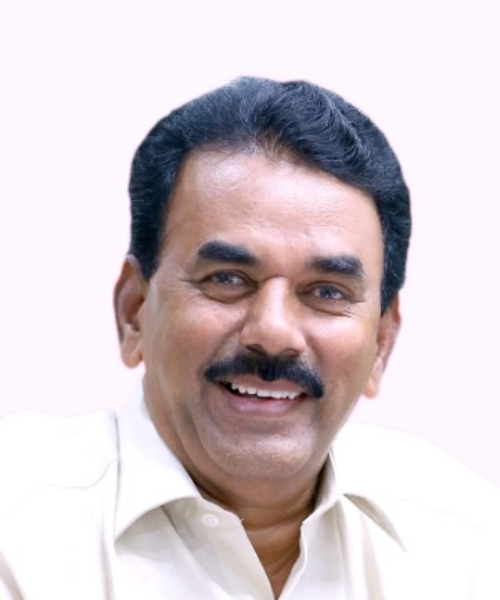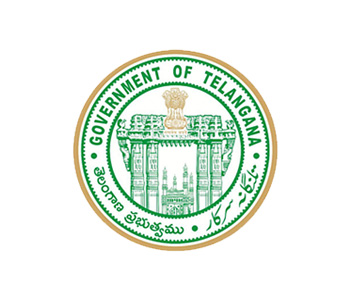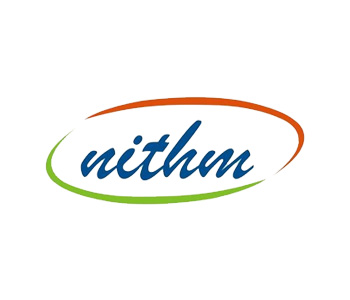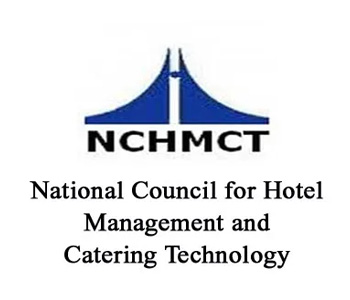Sustainability in Waste Management a Study of International Hotels - A Review of Literatures
Sandhya Anil KumarRashmi KopparPratisha Baruah
Sandhya Anilkumar,
Associate Professor, Ramaiah University of Applied Sciences,
sandhyaanilkumar@msrchm.edu, Mobile: 9448493215
Rashmi Koppar,
Associate Professor, Ramaiah University of Applied Sciences,
rashmikoppar@msrchm.edu, Mobile: 9945204396
Pratisha Baruah,
Assistant Professor, Ramaiah University of Applied Sciences,
pratishabaruah@msrchm.edu, Mobile: 9663379975.
ABSTRACT
The concept of sustainable waste management has been in discussion for some time now. This paper is a literature review on managing waste in the context of International hotels. Based on a detailed review of literature we find one thing in common which is, stakeholders role is crucial in the management of waste and they make substantial contribution in achieving worthwhile sustainable Municipal Solid Waste Management (MSWM). In addition, there is also a significant role played by the informal sector which primarily consists of community-based organizations (CBOs), Non-Governmental Organizations (NGOs) and private organizations which offer viable solutions in managing and improving then the functioning of MSWM. Literature survey also indicates towards the present condition of waste management and how inefficiently hotels still continue to manage waste. Research have suggested that managing waste efficiently in hotels can leads to more profitability and can cause less damage to our environment. As we are becoming more aware of the hazards of not managing waste efficiently various discussions on grounds of moral, social, ethics are gaining prominence. Discussions are also going on production concepts and how hotels can gear up to adopting to new technologies which will reduce and minimize waste. However also there has be a parallel plan how the hotel industry professionals can be trained and given adequate know how to gear up to these change in technology. As we aware from the survey of literature, hotels both in rural and urban areas are generating huge amounts of solid and liquid waste and it is becoming increasing difficult to dispose them. One primary reason why this is not tackled well could be because of limited finances and then follows inadequate services and no technical help also there is insufficient data to deal with this. Moreover, data if available the source cannot be trusted as the data is scattered, unorganized and not reliable and this make it even more challenging to plan and execute sustainable waste management in hotels. With numerous environmental hazards contributing from various sources, it is important that we pay attention to address this critical issue of waste management and find innovative ways by which hotels can implement concepts like cleaner production and integrate the same into its very design of the organization and in turn this will influence the ways the hotel functions in terms of it management, engineering and marketing.
Sandhya Anilkumar,
Associate Professor, Ramaiah University of Applied Sciences,
sandhyaanilkumar@msrchm.edu, Mobile: 9448493215
Rashmi Koppar,
Associate Professor, Ramaiah University of Applied Sciences,
rashmikoppar@msrchm.edu, Mobile: 9945204396
Pratisha Baruah,
Assistant Professor, Ramaiah University of Applied Sciences,
pratishabaruah@msrchm.edu, Mobile: 9663379975.
ABSTRACT
The concept of sustainable waste management has been in discussion for some time now. This paper is a literature review on managing waste in the context of International hotels. Based on a detailed review of literature we find one thing in common which is, stakeholders role is crucial in the management of waste and they make substantial contribution in achieving worthwhile sustainable Municipal Solid Waste Management (MSWM). In addition, there is also a significant role played by the informal sector which primarily consists of community-based organizations (CBOs), Non-Governmental Organizations (NGOs) and private organizations which offer viable solutions in managing and improving then the functioning of MSWM. Literature survey also indicates towards the present condition of waste management and how inefficiently hotels still continue to manage waste. Research have suggested that managing waste efficiently in hotels can leads to more profitability and can cause less damage to our environment. As we are becoming more aware of the hazards of not managing waste efficiently various discussions on grounds of moral, social, ethics are gaining prominence. Discussions are also going on production concepts and how hotels can gear up to adopting to new technologies which will reduce and minimize waste. However also there has be a parallel plan how the hotel industry professionals can be trained and given adequate know how to gear up to these change in technology. As we aware from the survey of literature, hotels both in rural and urban areas are generating huge amounts of solid and liquid waste and it is becoming increasing difficult to dispose them. One primary reason why this is not tackled well could be because of limited finances and then follows inadequate services and no technical help also there is insufficient data to deal with this. Moreover, data if available the source cannot be trusted as the data is scattered, unorganized and not reliable and this make it even more challenging to plan and execute sustainable waste management in hotels. With numerous environmental hazards contributing from various sources, it is important that we pay attention to address this critical issue of waste management and find innovative ways by which hotels can implement concepts like cleaner production and integrate the same into its very design of the organization and in turn this will influence the ways the hotel functions in terms of it management, engineering and marketing.
Keywords : Sustainable, waste, environmental, financial, profitability, organizations, positive
AFFLIATIONS / CERTIFICATIONS
Testimonials
Address
National Institute of Tourism & Hospitality Management, Telecom Nagar, Gachibowli, Hyderabad – 500032, Telangana Government, IndiaCall Us
Admissions: 040-23000471PA to Director: 040-23000473
Main Gate Security: 040 - 23000454
Mail: director@nithm.ac.in
Working Hours
Monday – Saturday : 09:00 – 17:00Sunday : Closed

























